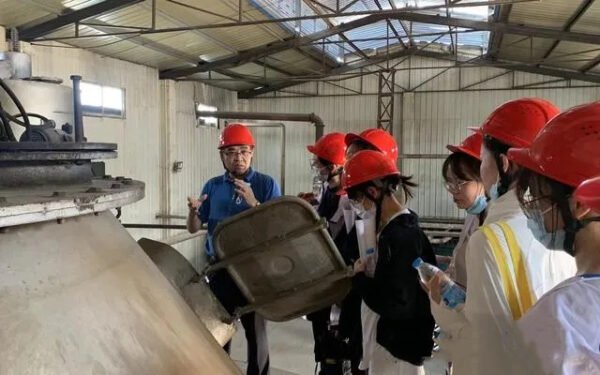Technological breakthrough amidst the “withdrawal” of subsidies.
“Our biomass power generation enterprises require sufficient cash flow to cover equipment and fuel costs. Currently, the overall technology and equipment performance in this industry are superior, with a mature straw collection system. The only concern is that subsidies can be put in place in a timely manner,” a biomass power generation enterprise executive told us.
At present, some enterprises are facing a reduction in subsidies due to their failure to comply with the requirements of the Ministry of Finance and the Ministry of Ecology and Environment to establish connections with provincial-level ecological environment departments and provincial-level power grid enterprises. For enterprises that are highly dependent on national subsidies, this means facing the dilemma of shutdown or bankruptcy.
In late 2023, over 50 companies jointly submitted a list of unpaid subsidies for agricultural and forestry biomass power generation, involving an outstanding amount exceeding 15 billion yuan. Despite this, the biomass power generation industry managed to add 1.16 million kilowatts of new installed capacity in the first half of 2024, bringing the cumulative installed capacity to 45.3 million kilowatts, a year-on-year increase of 5.7%.
What is the actual current status of the biomass power generation industry? How should we view the reduction in subsidies across regions? And where does the future lie for this industry? To address these questions, the New Beijing News Zero Carbon Research Institute recently conducted an exclusive interview with Professor Zhou Jianbin, a professor at Nanjing Forestry University who has been engaged in research on biomass new energy, and also serv
es as the chairman of the National Innovation Alliance for Biomass Gasification Polygeneration.

The trend of “de-subsidization” is inevitable, and seeking multiple revenue streams is the key to overcoming difficulties.
The overall impact of the gradual withdrawal and reduction of subsidies, as noted by Professor Zhou Jianbin, has been significant. The industry has long been heavily reliant on government subsidies. The primary reason is the high costs of biomass feedstock and inadequate collection, storage, and transportation systems. Additionally, the relatively small scale of individual biomass power plants results in lower power generation efficiency and weaker profitability.
In 2020, the National Development and Reform Commission, the Ministry of Finance, and the National Energy Administration jointly issued the “Implementation Plan for Improving the Construction and Operation of Biomass Power Generation Projects” (NDRC Energy [2020] No. 1421). That clarified that the central government would no longer solely bear the responsibility for subsidy funds. Instead, local governments would also contribute, with central subsidies gradually decreasing and ultimately being phased out. This transition would pave the way for market-oriented operations and the gradual “de-subsidization” of the industry.
As of now, subsidies across regions are being phased out, with the benchmark price for coal-fired power generation being adopted. Professor Zhou emphasized that when the raw material cost for power generation reaches 0.42 yuan/kWh, biomass power enterprises are typically either operating at a loss or ceasing operations.
What’s the government’s consideration?
He further elaborated that the purpose is to improve the management of biomass power generation construction and operation. And that aimed to gradually establish an effective market-oriented operational mechanism for the industry. The future direction of biomass energy utilization should lie in high-value-added comprehensive utilization. Meanwhile this is also a necessary requirement for biomass power generation. Given the inherent limitations of biomass in terms of energy density and calorific value per unit mass, the industry must transition towards comprehensive biomass utilization, exploring multiple revenue streams.
VG Biomass adheres to the principles of sustainable development. We specialize in the research of biomass energy. We manufacture Biomass Pellet Burner, baghouse dust collectors, and cyclone dust collectors.

